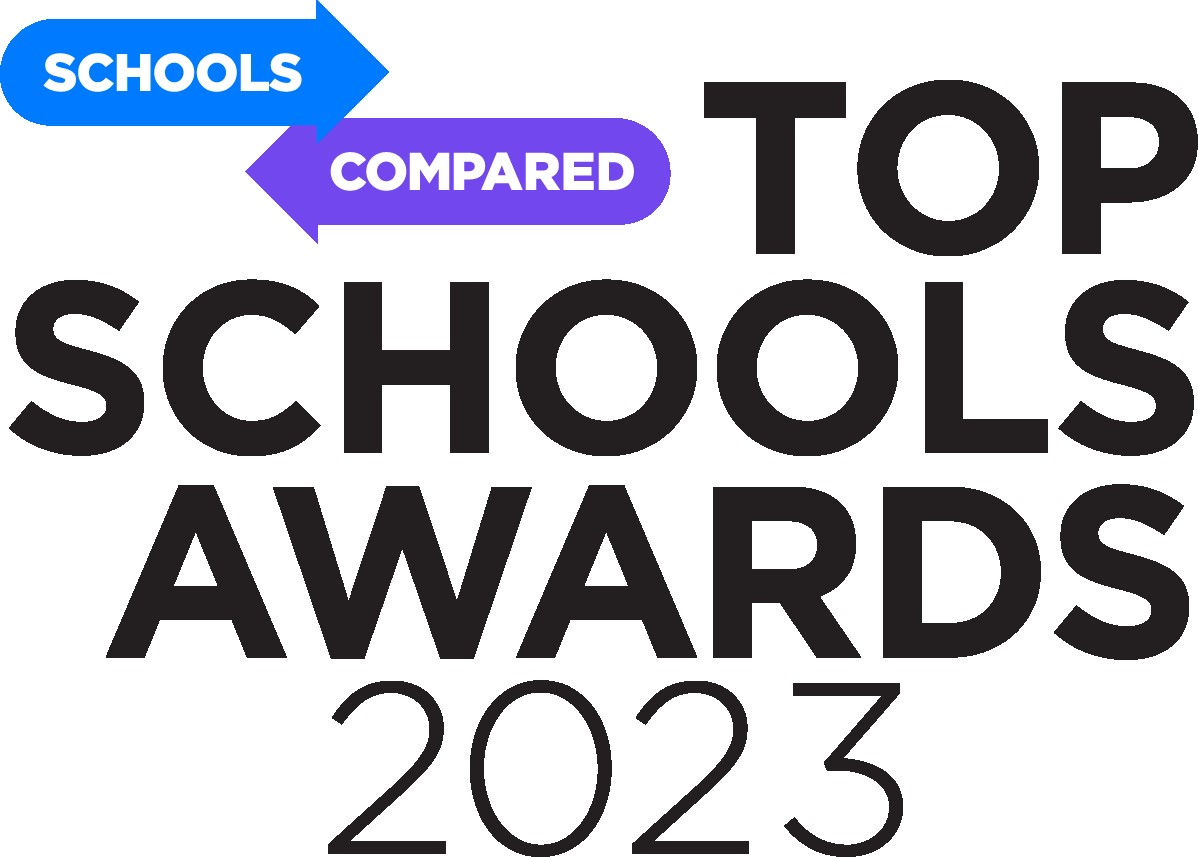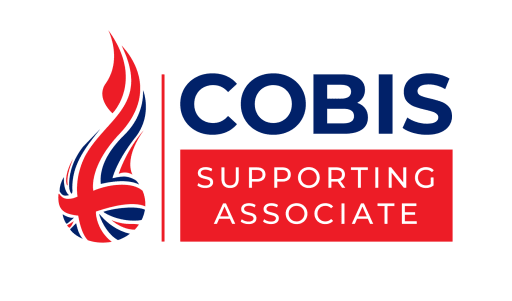Online Primary School
King’s InterHigh provides a full school curriculum for our younger pupils. Our primary school classrooms are staffed with fully qualified teachers with experience delivering engaging lessons online.
"Skye has been studying here since 2020 and he loves it! His teachers are so positive and engaging and as a result, we’ve seen his grades improve."
Loren Geeting
King’s InterHigh Parent
Online Secondary School
King’s InterHigh is the UK’s leading online secondary school. Students in the school can study the British curriculum online from ages 11 to 16, beginning in Key Stage 3 and progressing to study their GCSEs from age 14.
Explore Sixth Form
Students aged 16-19 can study online from anywhere at King’s InterHigh Sixth Form, with courses across two curriculum options. Choose the world-respected British A Levels or the first fully online IB Diploma and join our online global community.
About us
Our School
About our school
How we teach
Our teachers
Supporting students with SEN
Our fees
Open events
Prospectus
Partner with us
Student Life
Support
Homeschooling























